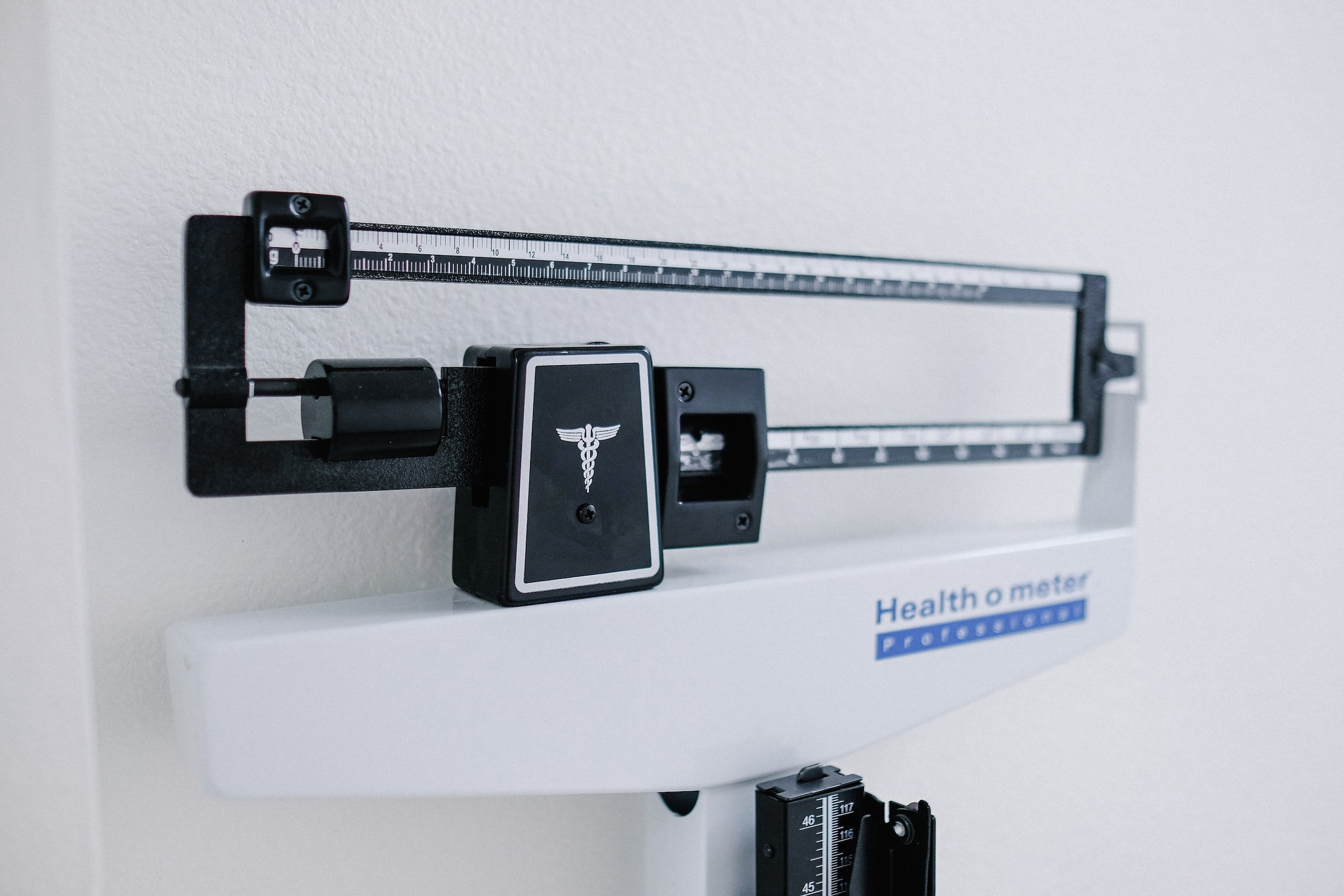Using Macro Tracker Apps for Fat Loss – How Helpful are They?
Normally I write about Pilates. As a fitness trainer for 24 years and current kinesiology university student, I also write about other fitness related topics, like the importance of resistance training (which Pilates and barre provide) and getting the appropriate amount of aerobic activity for our heart health.
Today, I write about how significant logging dietary intake can be to achieve success with goals of fat loss. Not everyone has a goal to lose weight, however, even occasional monitoring of intake can be helpful to maintain our current weight. Or simply logging protein intake to make sure we receive enough to maintain or increase our much needed lean muscle mass for strength, balance, coordination, and energy levels might be the goal.
I came across a recent (2020) very noteworthy randomized control trial (RCI) on how consistent self-monitoring using the My Fitness Pal app successfully achieves weight loss goals.
For this RCI there were 100 participants (mostly female but there were few males) who were categorized as overweight or obese (BMI ranging from 25 to 45). Their average age was 43 years old, and average bodyweight was about 200 pounds.
In the first week, almost 70% of the participants were able to consistently track their calories and body weight each day for at least 6 days per week. By week 4, fewer than half were consistently tracking. By week 8, only one-third were consistently tracking, and by the end of the study (week 12), only about one-fifth (20 total subjects) were still tracking. This study confirms how hard it is to keep up the consistent practice of logging for 12 weeks!
By the end of the 12-week study, the 20 participants who met the criteria of consistent trackers lost significantly more bodyweight than those who were inconsistent trackers. Specifically, consistent trackers lost nearly 10 pounds in 12 weeks whereas inconsistent trackers lost about 4 pounds. The researchers had set a goal of a 5% loss of bodyweight for each participant by the end of the study. The participants who were the most consistent with tracking their nutrition and bodyweight each day were able to meet the loss of 5% bodyweight goal, the ones who couldn’t were the ones who had trouble with consistency.
In response to the outcome of this study, the researchers made this statement: “...we suspect that continuing to engage in dietary self-monitoring until a short-term weight loss goal is met (e.g., 5% of initial weight) will promote better outcomes, because individuals will remain highly aware of how their eating behaviours impact their weight...” (Patel et al., 2020)
The main takeaway: the more consistently you track (calories and bodyweight), the more successful you’ll be in achieving your body weight loss goals.
Now that is not to say it’s not cumbersome to track. I know! I have been tracking my calories and macro-nutrients off and on for over 25 years! It’s the number one method I use to maintain my current weight. It gets easier the more you do it, I promise! And I don’t monitor all the time, only in phases of my life when I need to reevaluate my current dietary intake. The key is to have a plan: plan to make the time to log. Life gets busy, and that is okay. But then remember that tomorrow morning is a new day!
References
Campbell, B (April 2023). Using Macro Tracker Apps for Fat Loss – How Helpful are They? Body By Science.
Patel, M. L., Brooks, T. L., & Bennett, G. G. (2020). Consistent self-monitoring in a commercial app-based intervention for weight loss: Results from a randomized trial. Journal of Behavioral Medicine, 43(3), 391–401. https://doi.org/10.1007/s10865-019-00091-8

